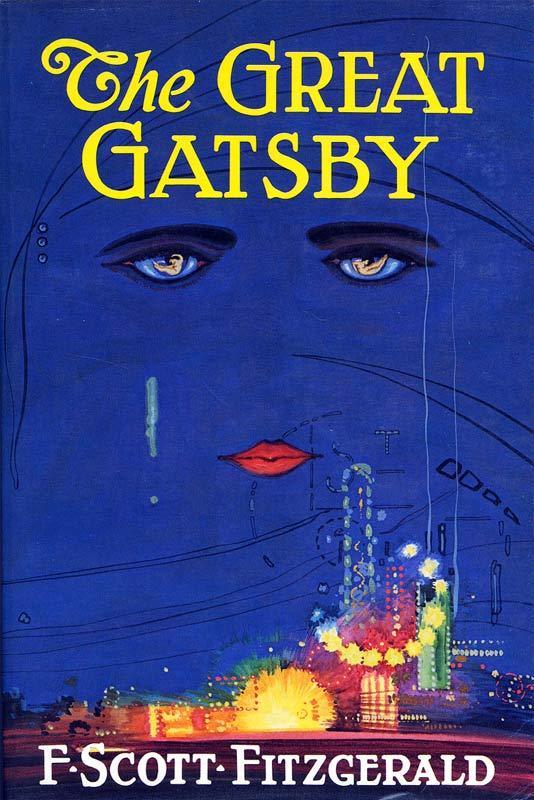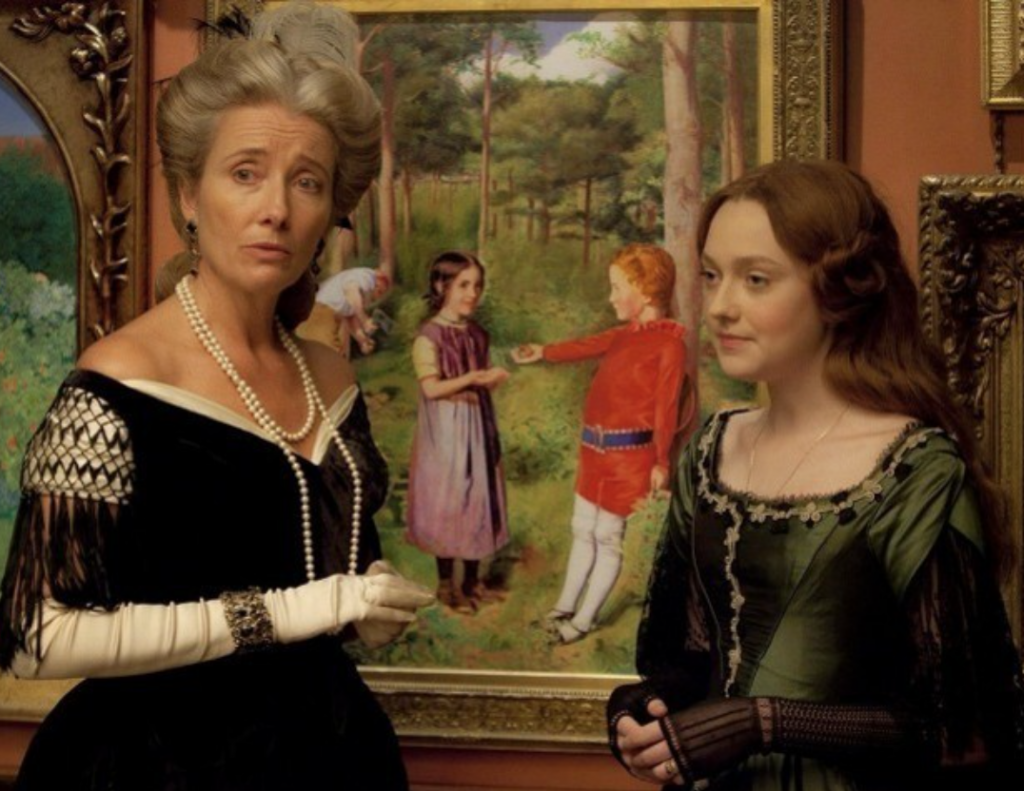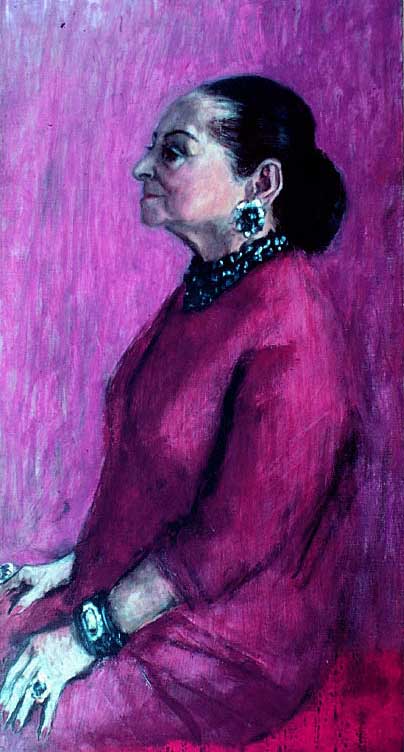 This month marks the 90th anniversary of the publication of The Great Gatsby, F. Scott Fitzgerald’s hallowed classic about a self-made tycoon and his long-lost love. Like the green light famously tantalizing its protagonist, Gatsby has proven irresistible to filmmakers, who keep adapting it to the screen but never capture its allure. Why can’t cinema get this novel right? And, perhaps more intriguingly, why does it keep trying?
This month marks the 90th anniversary of the publication of The Great Gatsby, F. Scott Fitzgerald’s hallowed classic about a self-made tycoon and his long-lost love. Like the green light famously tantalizing its protagonist, Gatsby has proven irresistible to filmmakers, who keep adapting it to the screen but never capture its allure. Why can’t cinema get this novel right? And, perhaps more intriguingly, why does it keep trying?
The answers may lie in the book itself. Published in 1925, it was initially deemed a failure, garnering mixed reviews and selling only 20,000 copies. Though now celebrated as The Great American Novel, it didn’t experience a resurgence until World War II, when it resonated with a nation clinging to its myths in the shadow of international threats. Fitzgerald himself was a bit like Jay Gatsby, dying in 1940 with a tarnished legacy that had to be restored by adherents not unlike narrator Nick Carraway. For that matter, the book itself–a reverie of furs, sleek cars, jazz, and prettily phrased quasi-revelations (reserving judgments is a matter of infinite hope)–also could be described as a Jay Gatsby, a barrage of smoke and gilt-framed mirrors that buys so completely into its hype that we buy it as well. Excessive, earnest, and, yes, a tad hollow, Gatsby is a profoundly American story, with flaws–vanities as well as cardboard romances–that loom far larger on a big screen. But it is also the quintessential rags-to-riches tale, so it remains the stuff of which Hollywood dreams are made. Continue Reading →


